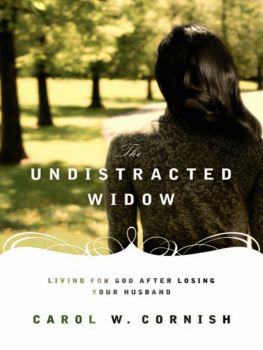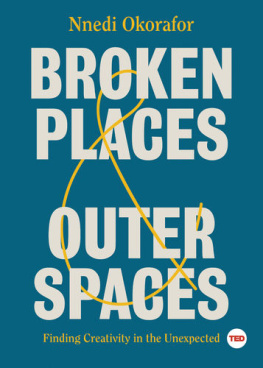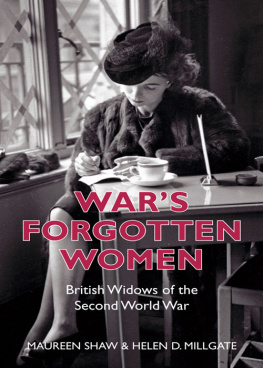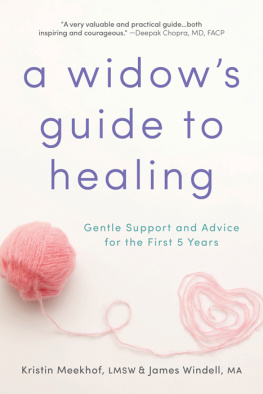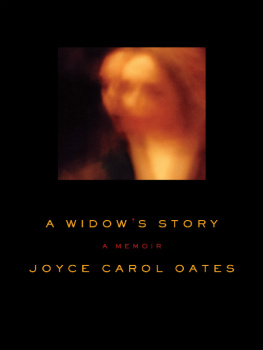Tips From Widows
Jan Robinson

In memory of my husband, Tony
Contents
This is a wonderful, beautiful little book.
It is like a quiet wise friend, full of comfort and practical counsel, when your world has collapsed or changed beyond recognition.
It is like a crib sheet of how to cope; it is as helpful to friends of widows as to the widows themselves, and it is written from experience, which is the bedrock of reliable advice.
Joanna Lumley
This book makes no claim to be an authority on how to cope as a widow, nor does it set out to offer a thorough analysis of widowhood. It is, quite simply, tips from widows. No book can cover the needs of widows of any age. Grief is an unmanageable emotion and the form it takes is unique to every woman whose husband or partner has died.
Three weeks before my husband died suddenly and quite unexpectedly, I had answered an invitation to a lunch party being held for a widow who was marrying again at the age of seventy. When the time came I dilly-dallied as to whether I could cope with going. I took courage and went. I knew only a few of the fifteen women (not all of whom were widows) there, and after a few minutes seated next to a woman I had not met before, she told me that she had been a widow for five years. I said, Ive never been a widow before. Please give me a few tips. She did. That is how this book started. At the back of this little volume I have listed the names of all the widows who have contributed their thoughts. Most of them are over fifty years old.
I hope that some of these tips will encourage a smile or a nod of understanding. You are not alone. It is tempting to say that there are no dos and donts. However, this is not entirely the case, because there do seem to be a small number of things that the vast majority of widows will agree should or should not be done. This said, the rest really is a matter of opinion; points of view that you might or might not accept.
As my husband once said, Advice is for listening to, but not necessarily for taking.
Being a widow is not an illness; you cant take a pill and make it all better. You can only cope as best you can, and we all do it differently. There are no set rules about coping with loss. Some people struggle with it for years and maybe never get over it. Others manage to move on. You are alone in your boat on the ocean, but I hope that this book will help you to recognise that other boats are out there too.
Unfortunately, some of the tips in this book the financial ones especially will also be of use to women who know or sense that widowhood is imminent. In other words, if your husband is about to die, there are some things that it is essential to do before he goes. You will find this information towards the end of this book.
That, briefly, is what this book is. It seems sensible, also, to add a few words about what it is not.
It is not intended for young widows (say, below the age of fifty); by the same token, it is not intended for widows with small children; nor is it primarily for widowers, since many of the problems faced by widowers are quite different from those faced by widows.
It is, quite simply, tips from widows of a certain age whose families if they have them have grown up and left home; and it is aimed, on the whole, at other widows in a broadly similar situation.
A last thought. The definition in the Oxford English Dictionary of the word widow is: A woman who has lost her husband by death. For many people, this conjures up a certain image of a figure who is wearing black, lonely, sad and vulnerable. Would your view of a black widow spider be different if it were called an orange widow spider? Let me suggest another way of looking at the word widow. Thus:
Wise Integrated Dignified Optimistic Woman
A widow wrote to say that she had to really encourage her husband, when he was ill and later near death, to talk to her about all the practical implications that would occur after he died. Many men are reluctant to do this.
Tip 1 Encourage each other to talk about these matters well before either person has become too ill.
It is essential to have a joint account with your husband. (For more details, see the .)
The moment your husband dies, any bank account in his sole name will immediately and automatically be frozen, even if you are the sole beneficiary of his will. So if, say, your husband was responsible for all money matters, and if he ran everything from an account in his name only, you will be unable to access any money at all.
This is what happens by law. Specifically, any account in his sole name will remain frozen from the moment he dies until probate is complete; and this process often lasts up to six months, and can last even longer. Note, too, that all Direct Debit payments that have been set up for this account will also stop immediately; so that if all Direct Debits for your household go through an account solely in the name of your husband, your entire life will quite literally come to a halt.
A first example. The son of a wealthy couple had to spend over a year sorting out the intricacies of the tax situation left by his two elderly parents, and had to spend 60,000 of his own money to cover the cost (professional fees, etc.) of this process (as I say, the sons parents were very comfortably off). When, finally, probate was complete, he got his money back. But what if he hadnt been able to find it in the first place?
A second example. An elderly widow knew that she was going to die imminently, and therefore gave her daughter a cheque for 15,000 to cover the expenses that would inevitably be incurred in the aftermath of her death. Put it into your account now, she said to her daughter, and make sure it is cleared before I die. The bank cleared it eight hours before she died; if they hadnt, it would have been worthless.
Tip 2 It is absolutely essential to do one of the following two things.
Set up a joint account with your husband, and make sure that all Direct Debit payments for your family and household go through this account (and not through a sole account in your husbands name).
Set aside a sum that you know will be sufficient to carry you through the worse-case probate scenario.
One last and very important tip is regarding pensions. To put it bluntly, if you and your man have simply been co-habiting for a long time, after his death you will not be regarded as his legal widow. You will be unable to receive any widows state pension. However, your partner will very probably be able to nominate who should benefit from his professional pension after his death.
Tip 3 Only if it is what you both wish, get married or become civil partners! Do so at once or at least make the appropriate pension nomination if that is what you both want.
All the information and help you need will be provided by the funeral director just after the death of your husband, and he will guide you through everything you need to know. If you know your husband is dying, do choose a funeral director who you feel is sympathetic to the requirements of both spouses. In the event of your husbands sudden death, this will, of course, not be possible.
It is so easy, with the emotional turmoil, to forget to tell the funeral directors to let you know, after the cremation, when the casket will be available to be collected.
Registering the death of your husband can be a very painful experience, so take along a friend or relative, since with your emotions awry, you will probably not be able to concentrate. You will be given printed material, including information about immediate cancellations that are required for your new status. A widow said that she found her registrar gentle and understanding. You dont have to remember much of what the registrar says, because he or she will talk you through it. It is a legal process that has to be done, and you should be aware that it will be upsetting.
Next page




